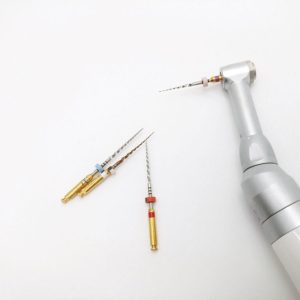The high-speed handpiece is considered a versatile instrument in the dental industry, and these handpieces are used to remove hard tissues. The hard tissues can be removed using the high-speed handpiece without applying any heat, pressure, or vibration.
If you have a dental office or lab, or planning to invest in a high-speed handpiece, then it is a great idea. But there are lots of things that you need to know about the high-speed handpiece before you invest in any one of them.
What is a high-speed dental handpiece?
The high-speed handpiece is considered a precision instrument, and it is mainly used in dental offices to remove tooth tissues efficiently and rapidly. When compared to the other types of handpiece, the high-speed handpiece is considered the best instrument to use, as it can be worked without heat, pressure, or vibration.
As the high-speed handpiece works efficiently, it is mainly used in the tissue removal process rather using it for the shaping process. The average speed of the handpiece will be 250,000 to 400,000 rpm.
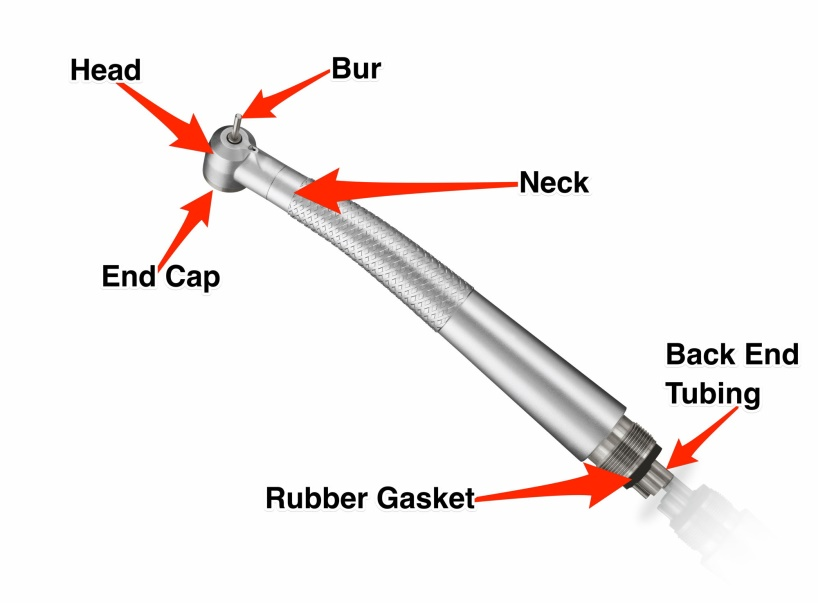
The high-speed handpiece comes in handy during the process of making a tooth structure, as the area of the tooth has been prepared using a rubber dam or bonding materials, the remaining part of the tooth structure will be removed by the high-speed handpiece.
In these kinds of high-speed dental handpieces, there will be a motor that is encased inside the airtight motor. The power is supplied to the electromagnetic coil, and then it will generates the magnetic field that spins the metal drive shaft at a high speed.
Benefits of the high-speed handpiece in dentistry:
There are different options available in the high-speed handpiece and each handpiece will come with a certain advantage. So, you need to work on every single option to find the one that suits you.
Here are a few benefits of using the high-speed handpiece;
- No matter how stronger the cutting power may be, a high-speed handpiece doesn’t emit any pressure or heat
- It benefits the patients in a number of ways, as the patients will feel less pain and comfort during the treatment, and also the procedure will get done quickly
- If you use the high-speed handpiece, there won’t be any pulp death
- The dentist will be able to get more precise cuts through teeth and bone
- The dentist will find it easier to use the handpiece for cleaning, cutting, and other dental procedures
Different types of high-speed handpieces:
The air-turbine high-speed handpiece mostly relies on the air-driven turbine, and it will make the instrument rotate. This is the most popular option in the air-turbine handpiece, and it rapidly removes the tooth structure, without damaging the pulp.
The handpiece comes with an ergonomic weight and size, and also it cost relatively low in terms of purchase and repair. These types of air-driven handpieces start functioning at 400,000rpm, but they will operate between 180,000 and 330,000rpm. But this type of handpiece comes with a disadvantage as, despite the high speed, its relatively low-torque causes the bur to slow down when it endures the heavy loads.
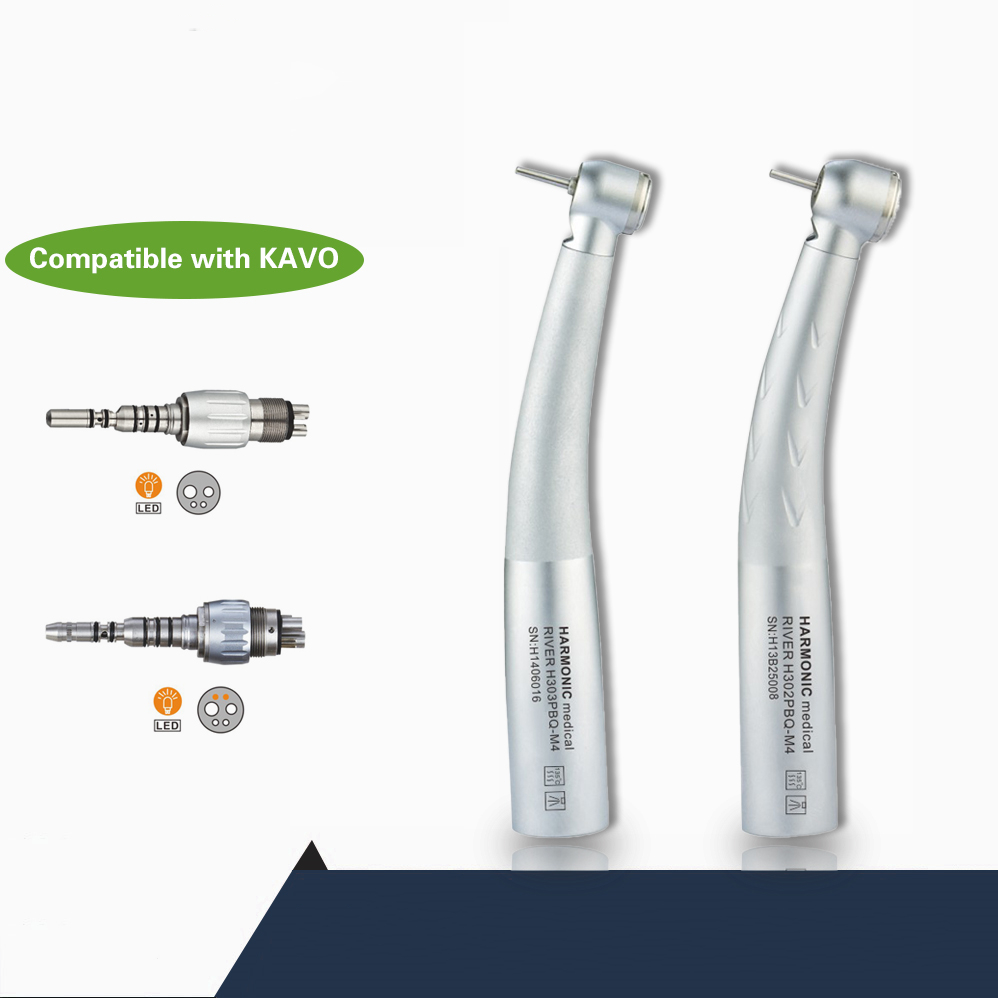
The electric-driven high-speed handpiece will use an electrical supply that will power the motor through the control unit. These types of handpieces will be heavier, bulkier, and also more expensive than the air-turbine handpiece. Here, the torque is constant, and also it will perform well under demanding loads, so offers better cutting.
This handpiece comes with a number of different motor attachments, so depending on the need, the rpm of the handpiece can be increased. So, the dentist can use this handpiece for both high-speed and low-speed endodontic procedures.
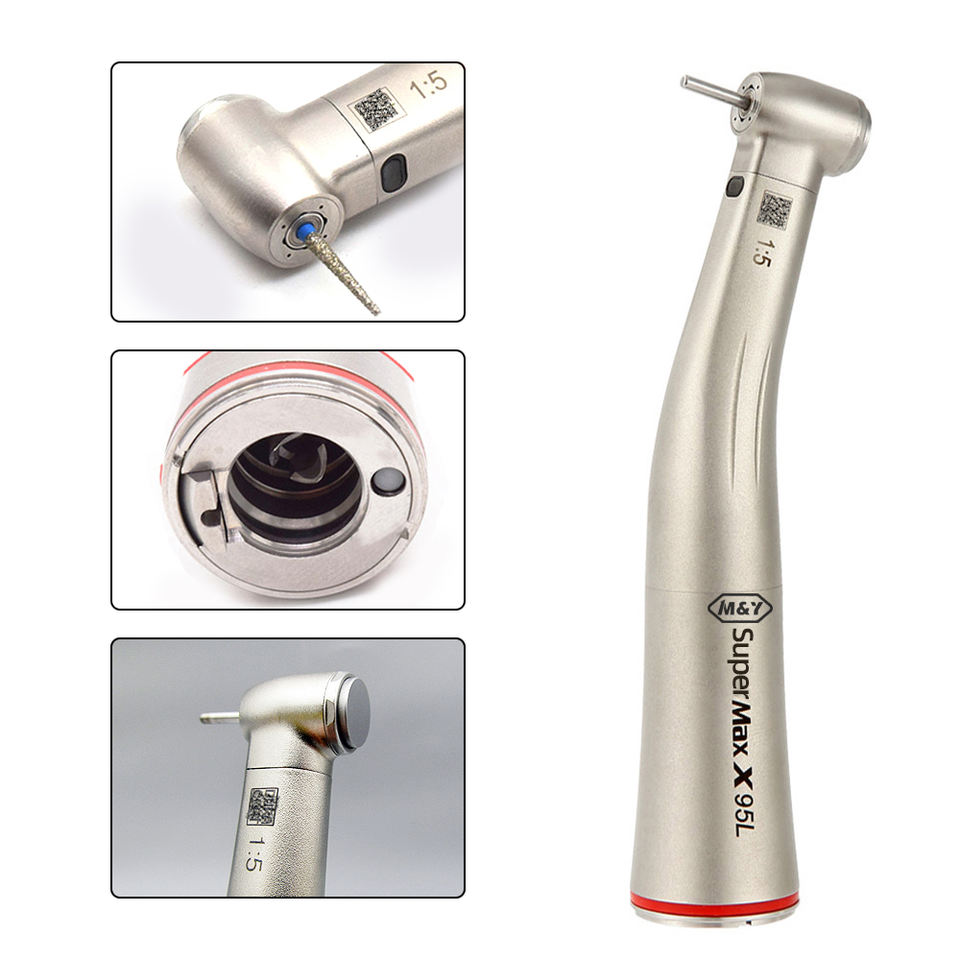
Best handpiece products that you can consider:
Whether it is low-speed or high-speed, the handpiece is considered the most important instrument in the dental industry. If you are looking for the best handpiece, then you can consider Dental Lab Shop, as they are delivering personalized products depending on the client’s needs.
450 contra-angle handpiece combines the benefits of the surgical straight and contra-angle handpiece, and it works well for patients having a smaller mouth as the instrument will get easily accessed. The instrument will come with a professional cooling system and tiny attachment head, which will cover the thermal effects and unobstructed work.
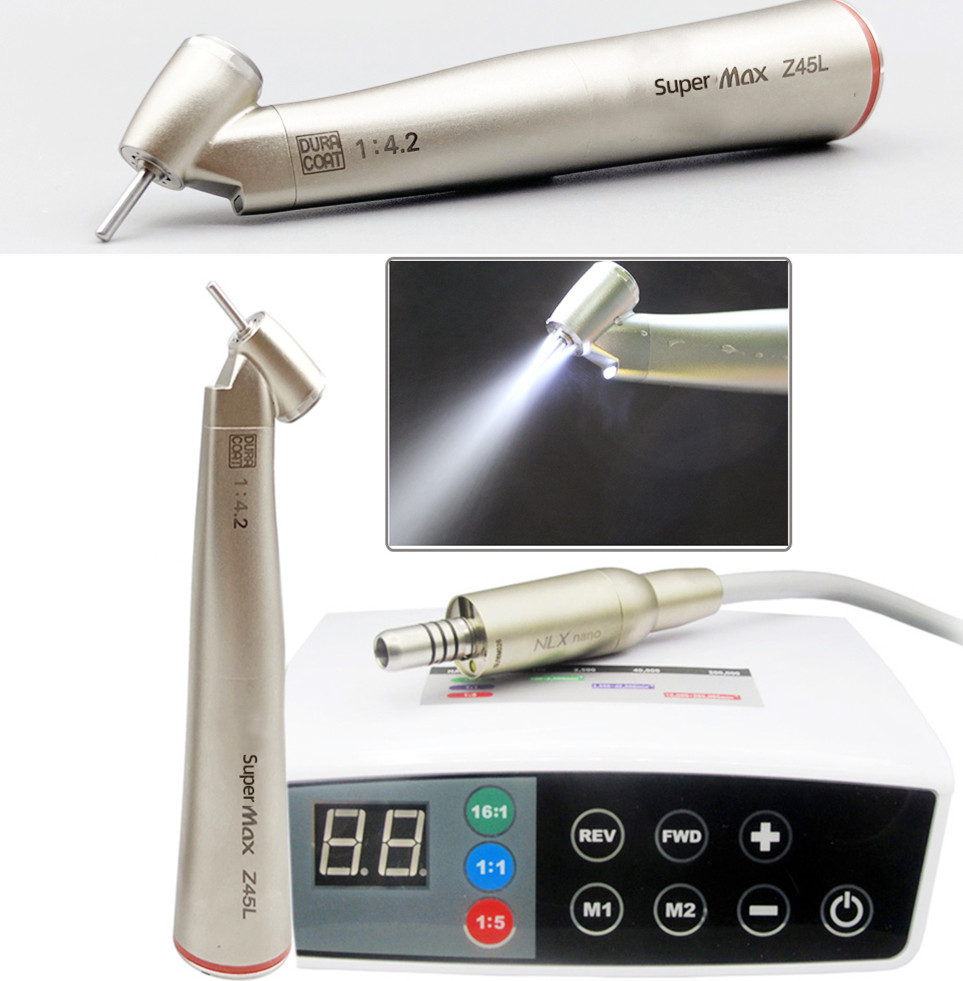
A portable brushless micromotor dentist is a surgical dental instrument, and it will provide fast and efficient cutting ability. Depending on the usage, the speed can be changed from low, medium, and high speed.
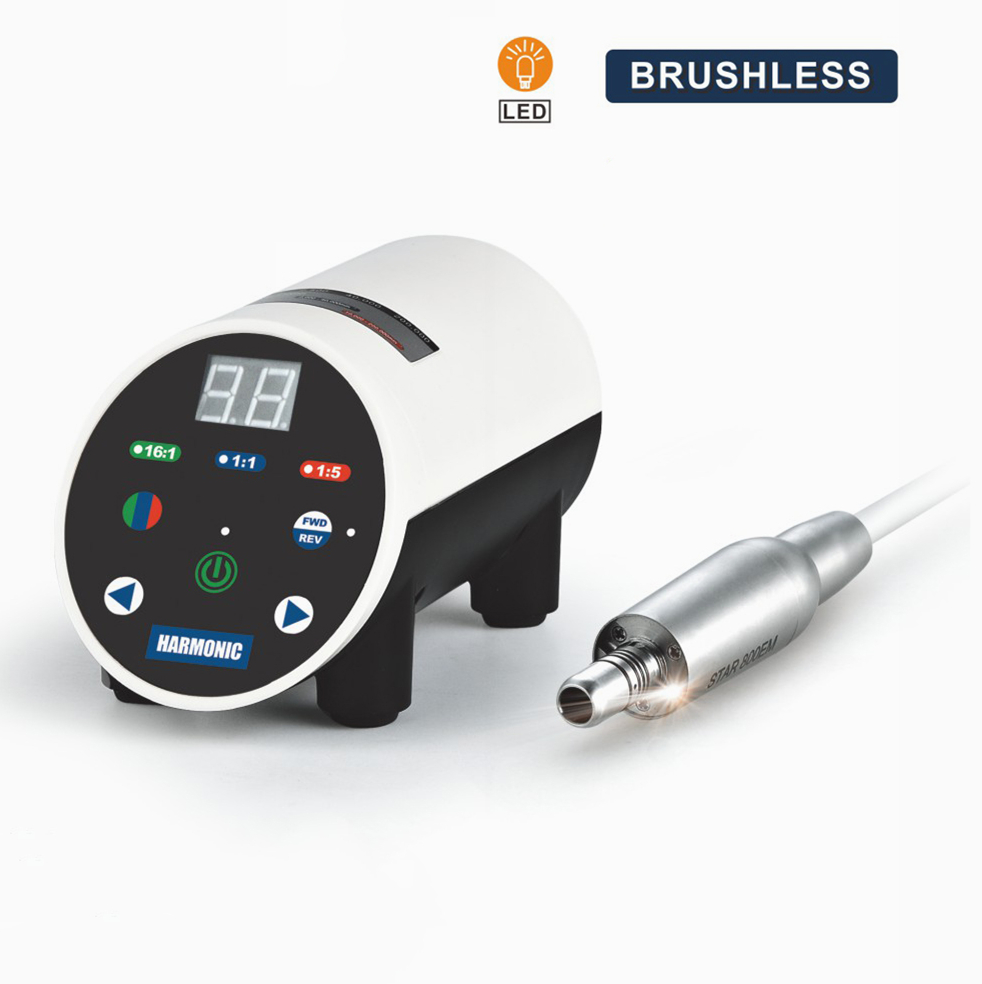
The slow-speed handpiece consists of a low-speed contra angle, and a low-speed straight handpiece. This kind of slow-speed handpiece is best for removing cavities, polishing teeth, teeth preparation of veneers, and other orthodontic procedures.
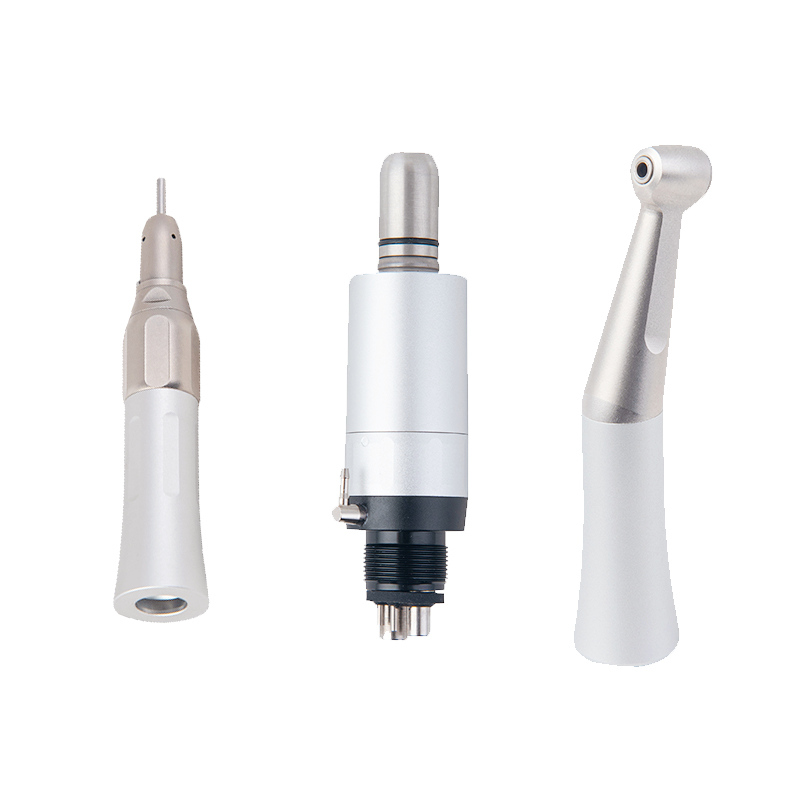
The endodontic handpiece operates at a speed of 20 to 1,8000rpm, and it performs via an electric handpiece micromotor. This type of handpiece comes with fiber optic light, and it will increase the visibility of posterior restoration treatment.
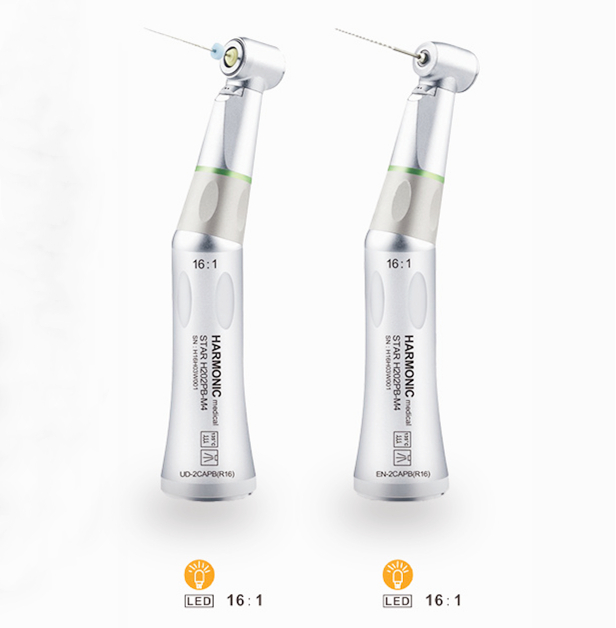
High-speed handpiece vs low-speed handpiece:
Both high-speed and low-speed dental handpieces are used in dentistry, and both are considered to be precision instruments. But the high-speed handpiece operates between 250,000 and 400,000 while the low-speed handpiece operates between 5,000 and 40,000 rpm.
Even though both high-speed and low-speed follow the same procedure, depending on the pressure of the air supply, configuration of the rotor components, and gear inside the motor, the high-speed handpiece is considered better. But one of the benefits of the low-piece handpiece is that it is designed to handle more pressure than the high-speed handpiece.
Bottom Line:
This article has provided complete details on how the high-speed handpiece works, and it is the mandatory instrument in the dental office and lab as all the specialties of dentistry will be using this. Also, we have recommended some of the best handpiece products from the Dental Lab shop, and they are experts in delivering all kinds of high-quality dental lab products.



